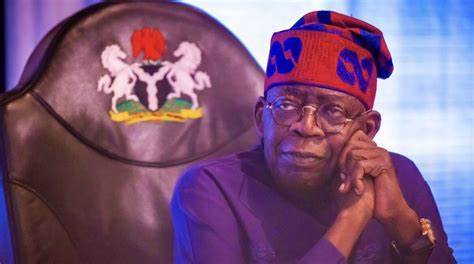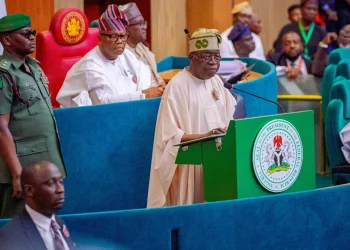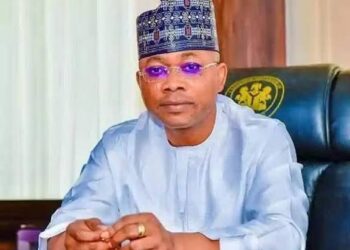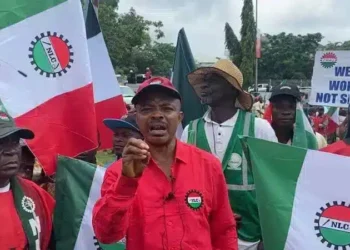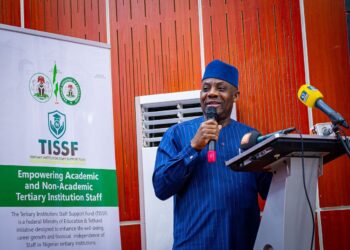Former Minister of Youth and Sports under the Muhammadu Buhari administration, Solomon Dalung, has delivered a scathing assessment of President Bola Tinubu’s government, rating its performance at less than 10 percent after nearly two years in office.
Dalung, in a candid evaluation of the current state of the nation, expressed deep concern about Nigeria’s trajectory under the present administration, declaring that the country has never experienced such poor governance in recent memory.
The former minister directly attributed Nigeria’s current economic challenges to the Tinubu administration’s policies, arguing that government decisions have resulted in widespread hardship for ordinary citizens across the country. He characterized the administration’s overall performance during its first two years as woeful and insufficient to meet the needs of the Nigerian people.
Speaking during an interview with Vanguard, Dalung painted a grim picture of the country’s current situation while warning that President Tinubu would face significant electoral consequences for his administration’s poor performance in the next presidential election.
“Well, for the past two years, I think the country has never been as terrible as it is now in terms of good governance, because good governance provides better well-being for the people, and the indices of good governance are transparency, accountability and justice,” Dalung stated during the interview.
The former minister emphasized that the fundamental pillars of effective governance have been notably absent during Tinubu’s tenure, arguing that transparency, accountability, and justice – which he identified as the three critical paradigms of good governance – have been conspicuously missing from the current administration’s approach to leadership.
Dalung’s assessment represents one of the harshest criticisms of the Tinubu administration from a former government official, particularly given his previous role in the immediate past administration. His comments reflect growing concerns among some political observers about the direction of governance under the current presidency.
“Now, these three paradigms in the past two years are nowhere to be found. So, if I am going to score the government on good governance, they have performed poorly. They have scored less than 10 per cent,” Dalung declared, providing a specific numerical assessment of what he views as the administration’s failures.
The former minister’s criticism comes at a time when the Tinubu administration faces mounting pressure over various economic policies, including fuel subsidy removal and currency devaluation measures that have contributed to increased cost of living for many Nigerians. These policies, while defended by government officials as necessary economic reforms, have generated significant public debate about their impact on ordinary citizens.
Dalung’s prediction that President Tinubu would face electoral consequences suggests that he believes the administration’s policies and performance will become major campaign issues in the 2027 general elections. His warning about the “wrath of poor Nigerians” indicates his assessment that economic hardship could translate into political opposition at the ballot box.
The harsh evaluation from Dalung adds to the growing chorus of criticism facing the Tinubu administration as it approaches its second anniversary in office. With various opposition groups already positioning themselves for the 2027 elections, such assessments from former government officials could influence public perception of the administration’s record.
As Nigeria continues to grapple with economic challenges, security issues, and governance concerns, evaluations like Dalung’s contribution to the ongoing national conversation about the effectiveness of current leadership and the country’s future direction under the present administration.

